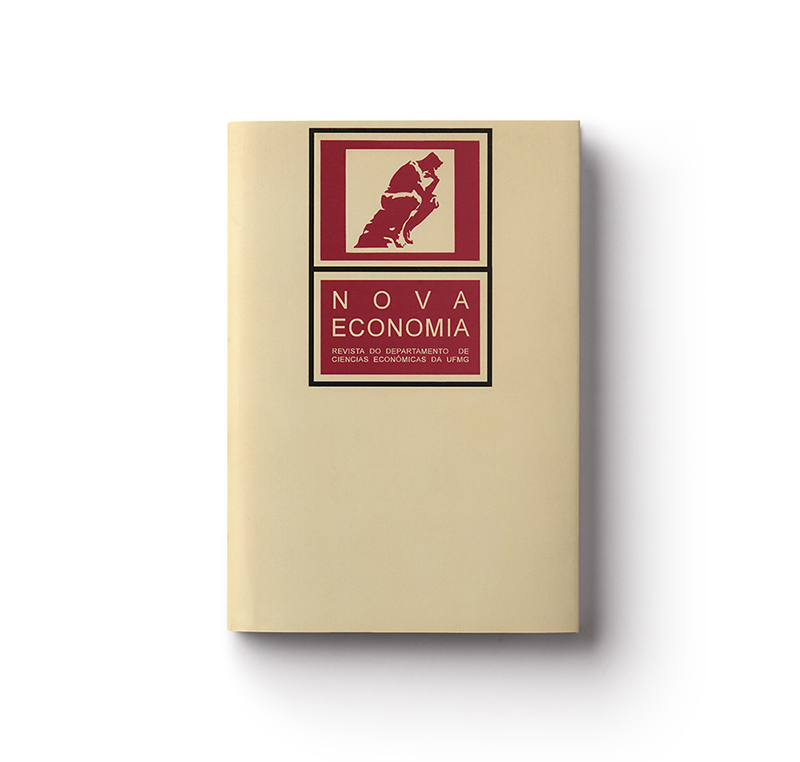Jornada de trabalho: o exemplo europeu
Keywords:
decomposition of unemployment rate, economic growth, workingAbstract
This paper examines the role played by the decline in average annual hours of work per person in employment over the behavior of unemployment rate in Europe since II World War. The results show that during the Golden Age of Capitalism in the twentieth century the pronounced reduction in the average annual hours of work per person in employment (which can be traced to legal action or to particularly negotiation between the social partners) has been very important to keep the unemployment rate at very low levels in the main European countries. Nevertheless, after the eigthies, there has been an important decline in the rate of reduction of average annual hours of work per person in employment. Since then, this fact explains a great part of the raise of the unemployment rates in European countries.Downloads
Published
2009-05-26
How to Cite
M. DE MATTOS, F. A. Jornada de trabalho: o exemplo europeu. Nova Economia, [S. l.], v. 10, n. 2, 2009. Disponível em: https://revistas.face.ufmg.br/index.php/novaeconomia/article/view/377. Acesso em: 25 feb. 2026.
Issue
Section
Regular Issue
License
Authors who publish with this journal agree to the following terms:
- Authors retain copyright and grant the journal right of first publication with the work simultaneously licensed under a Creative Commons Attribution 4.0 International License that allows others to share the work with an acknowledgement of the work's authorship and initial publication in this journal.
- Authors are able to enter into separate, additional contractual arrangements for the non-exclusive distribution of the journal's published version of the work (e.g., post it to an institutional repository or publish it in a book), with an acknowledgement of its initial publication in this journal.
- Authors are permitted and encouraged to post their work online (e.g., in institutional repositories or on their website) prior to and during the submission process, as it can lead to productive exchanges, as well as earlier and greater citation of published work (See The Effect of Open Access).




